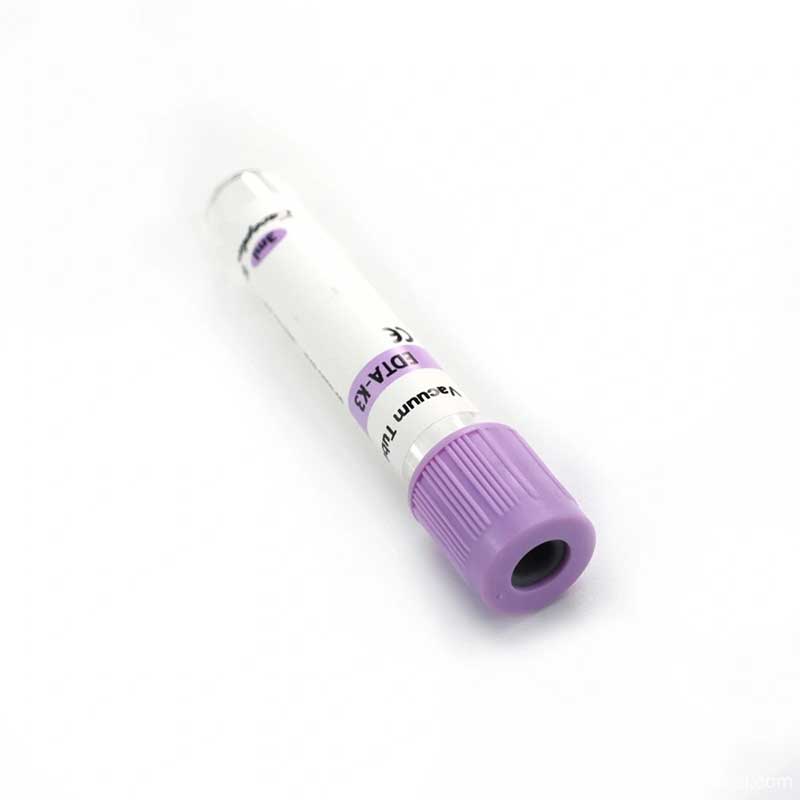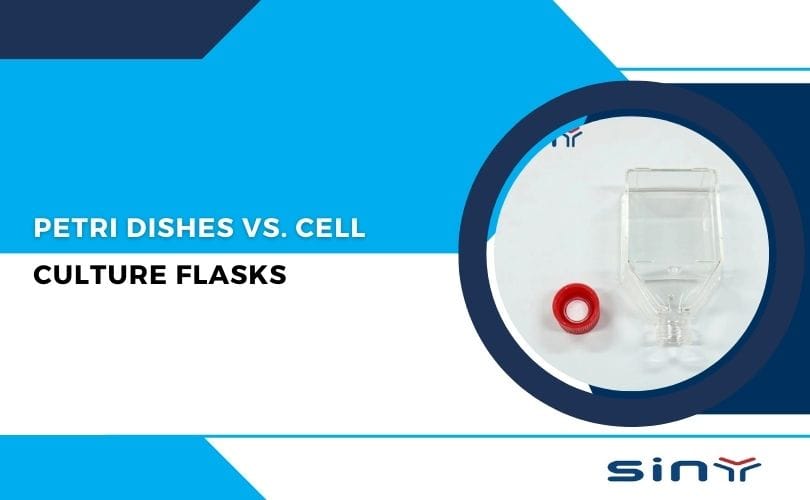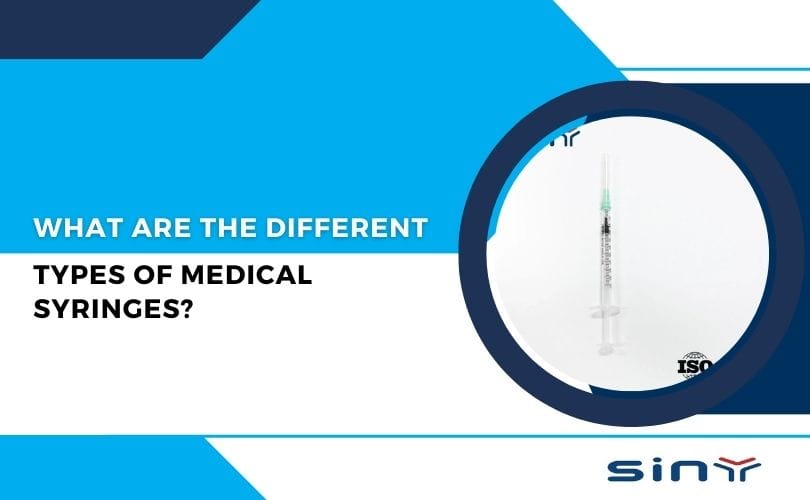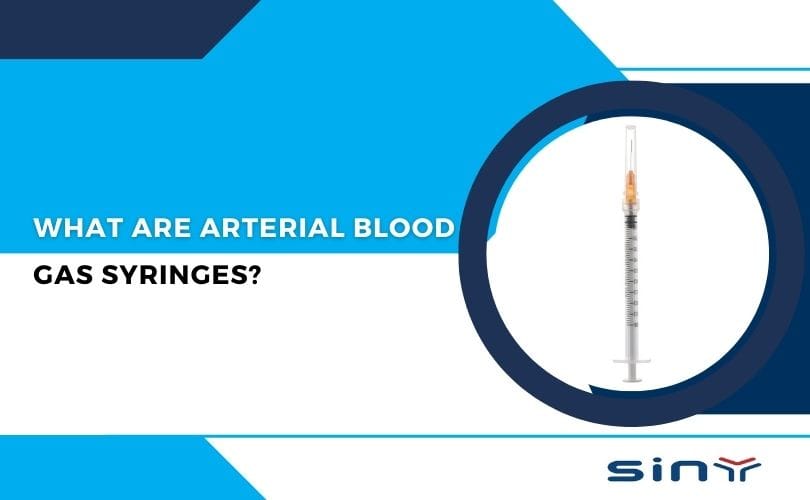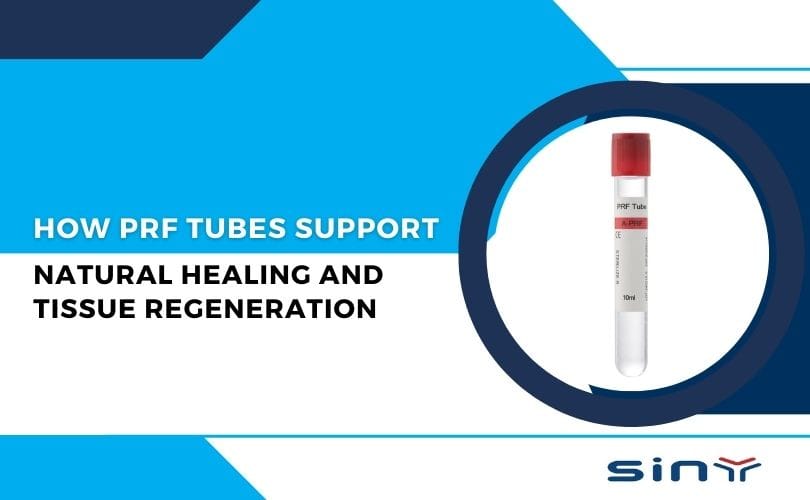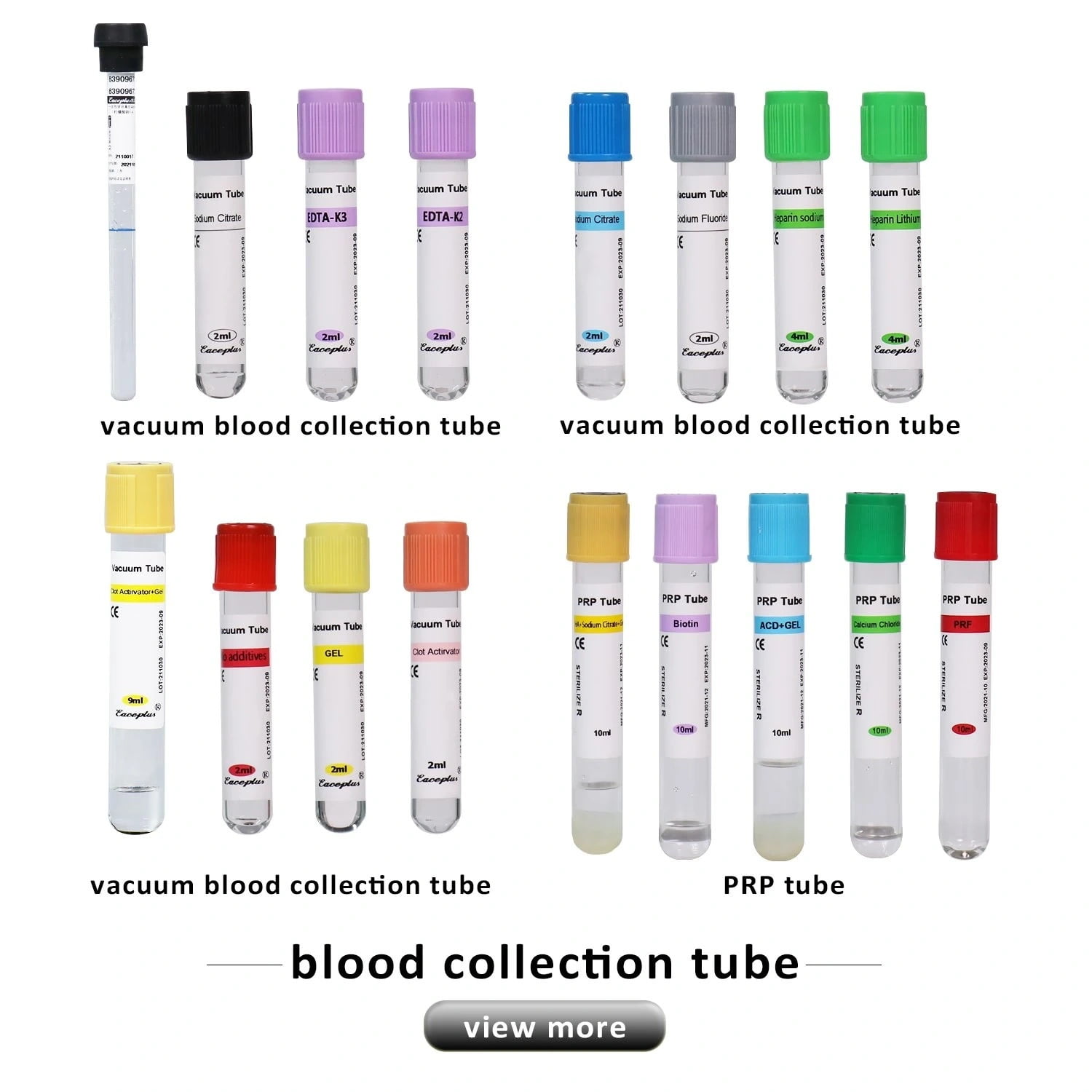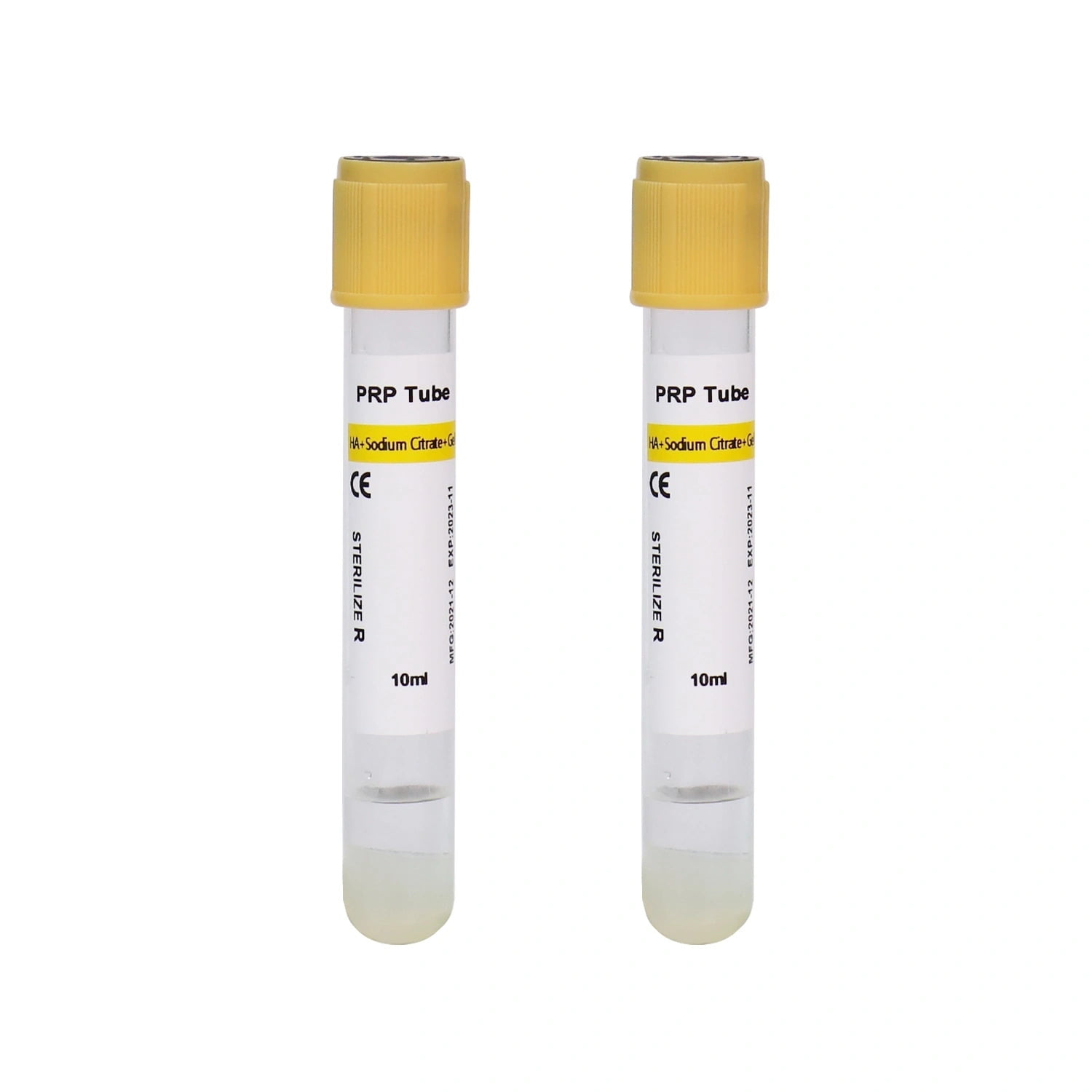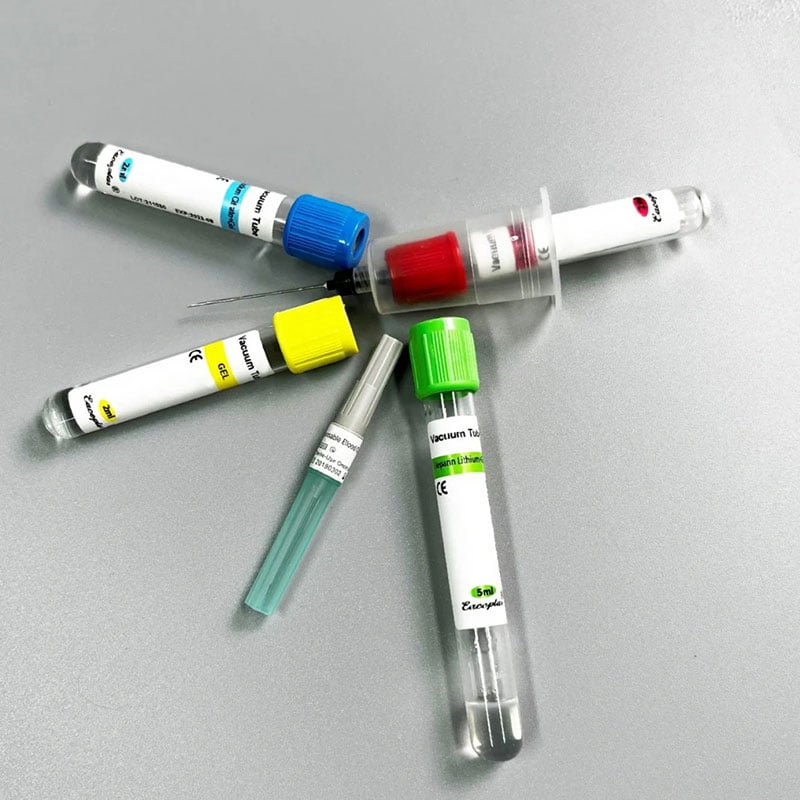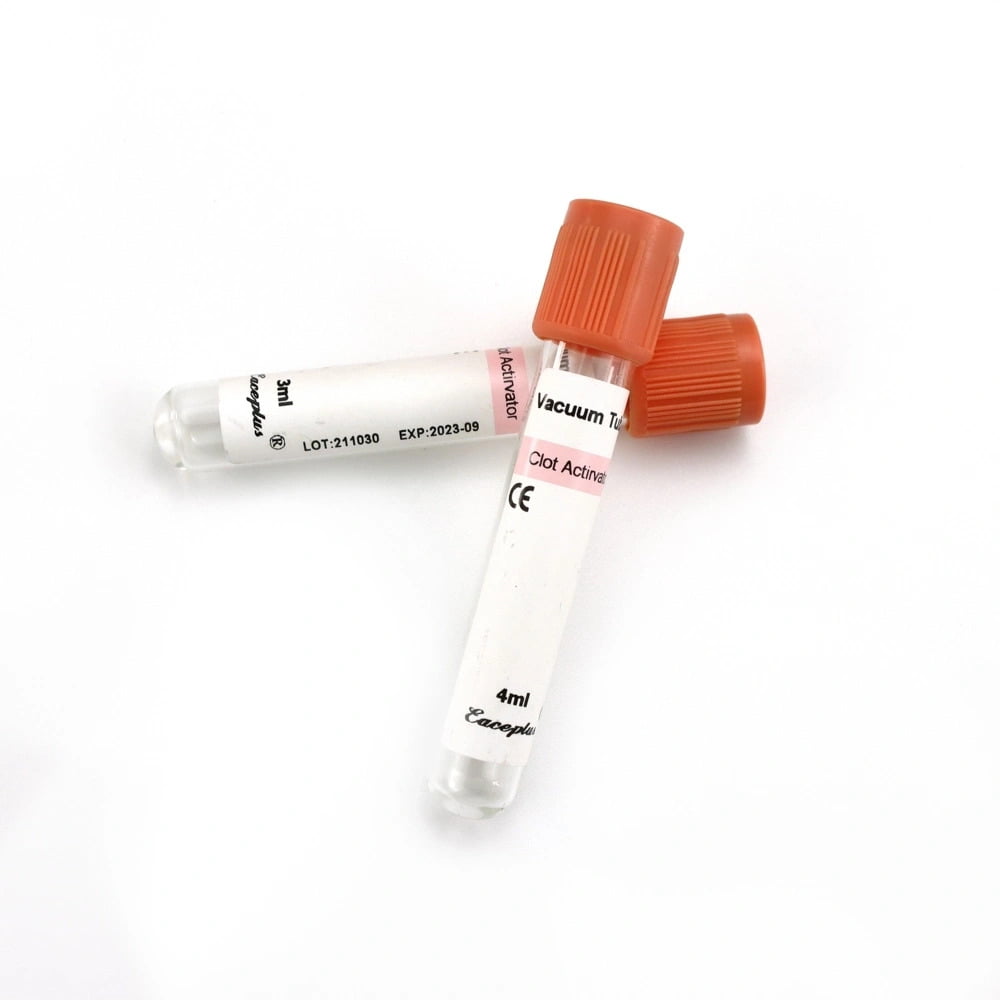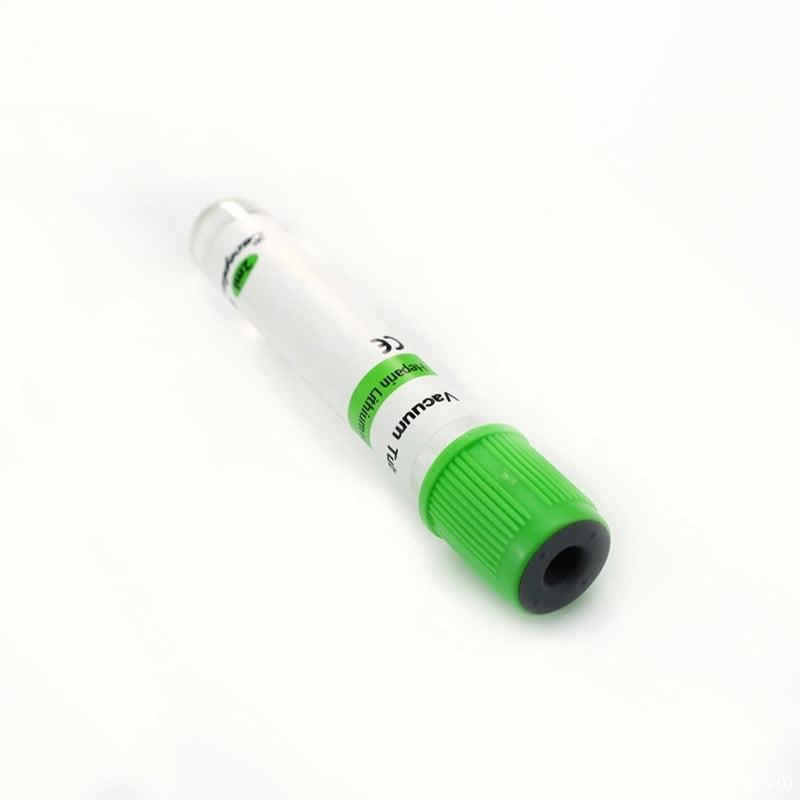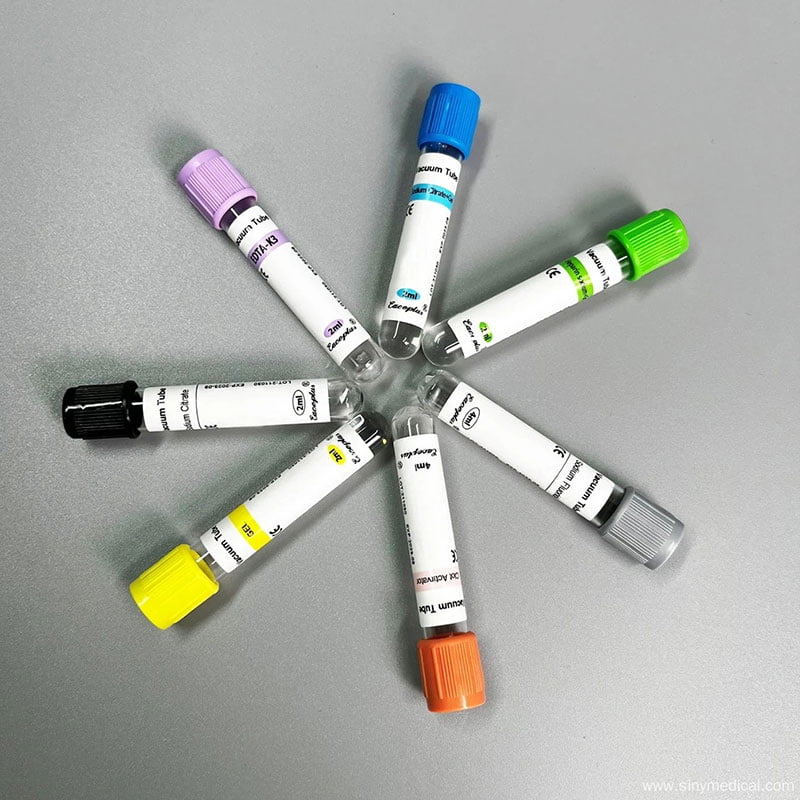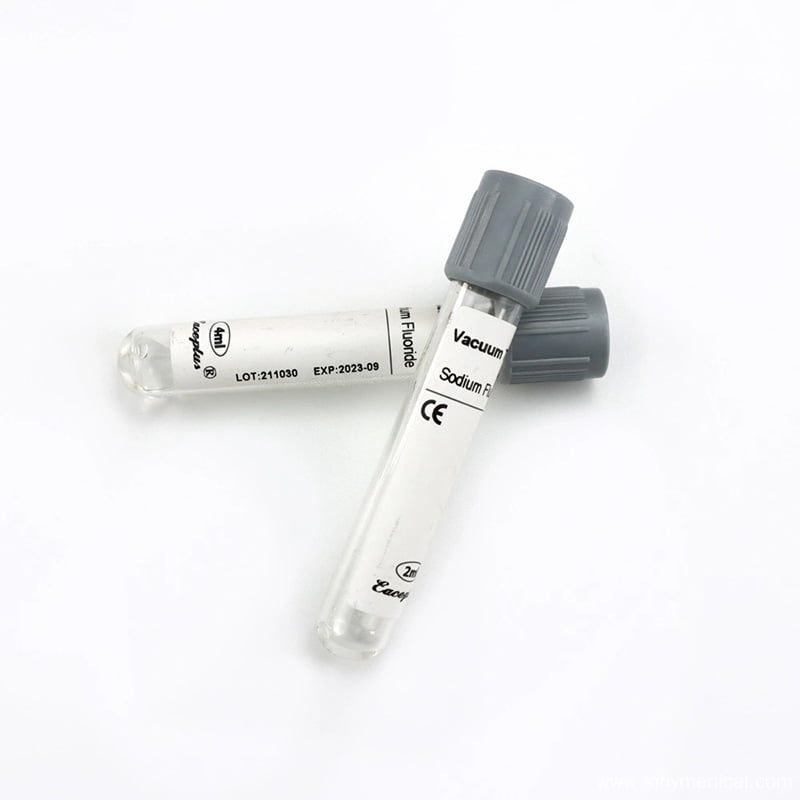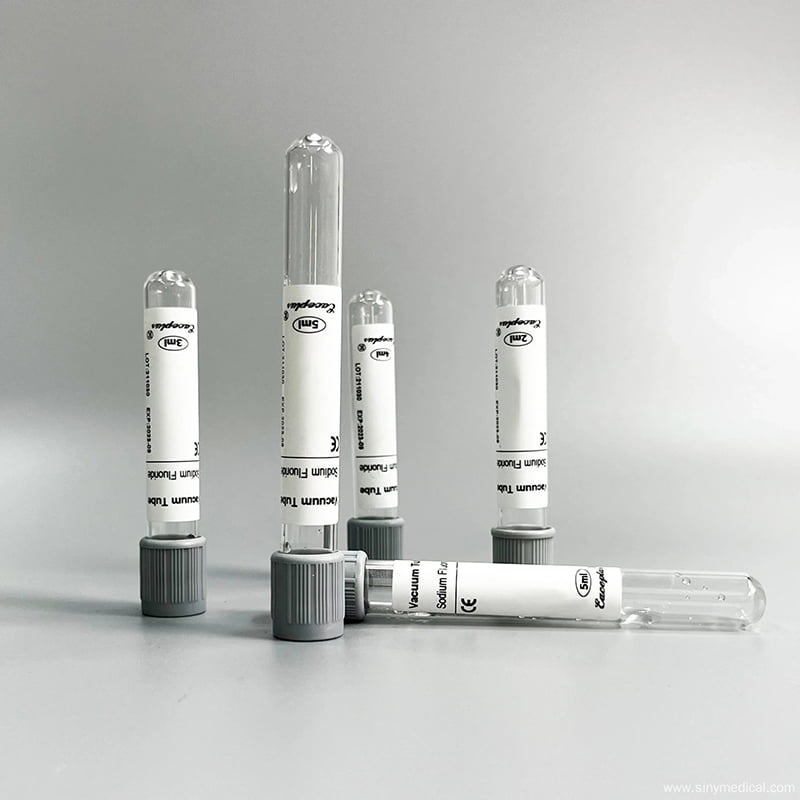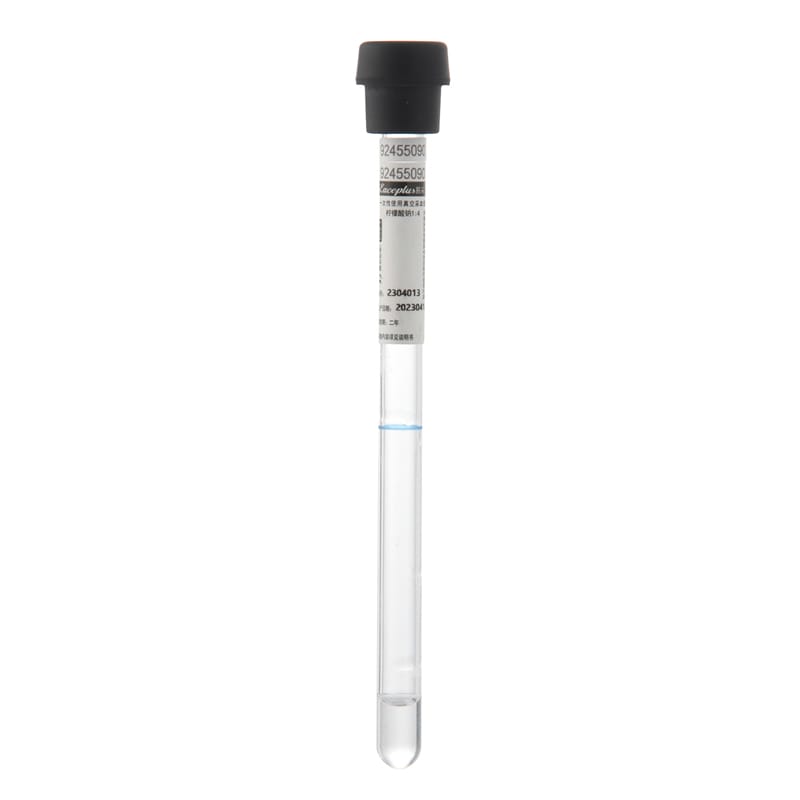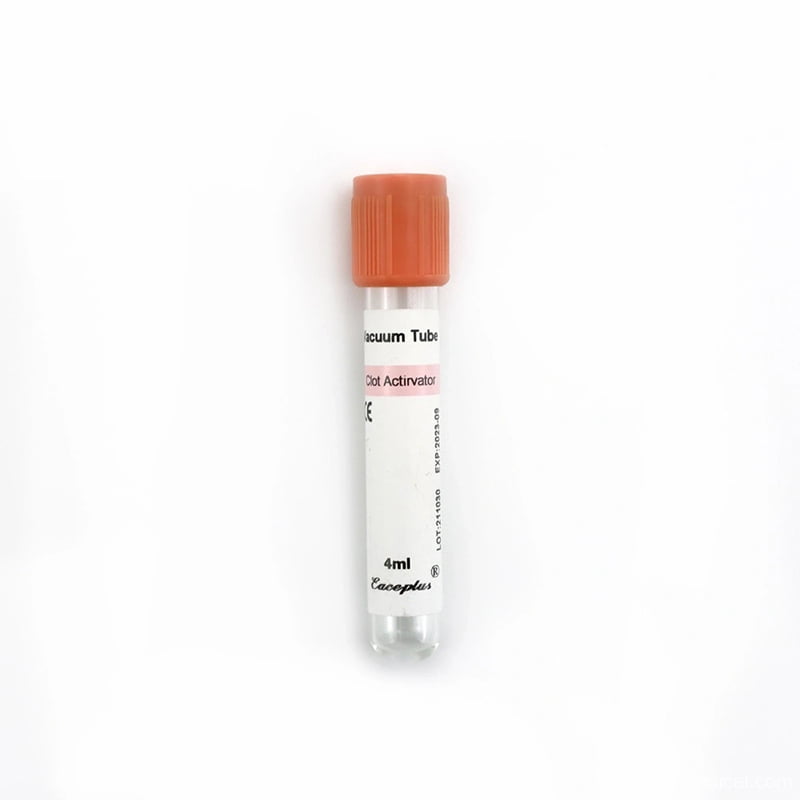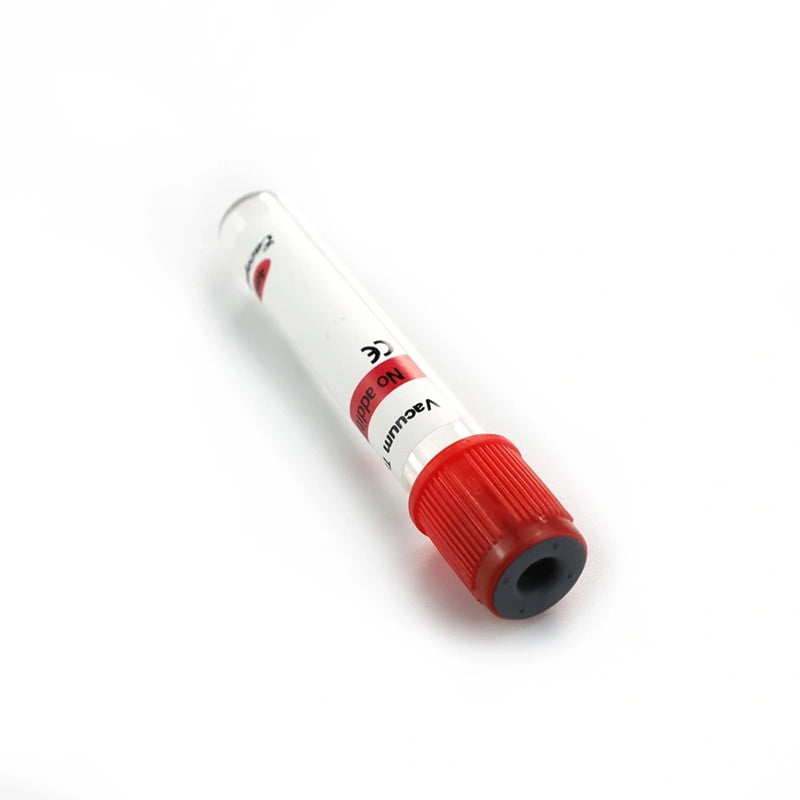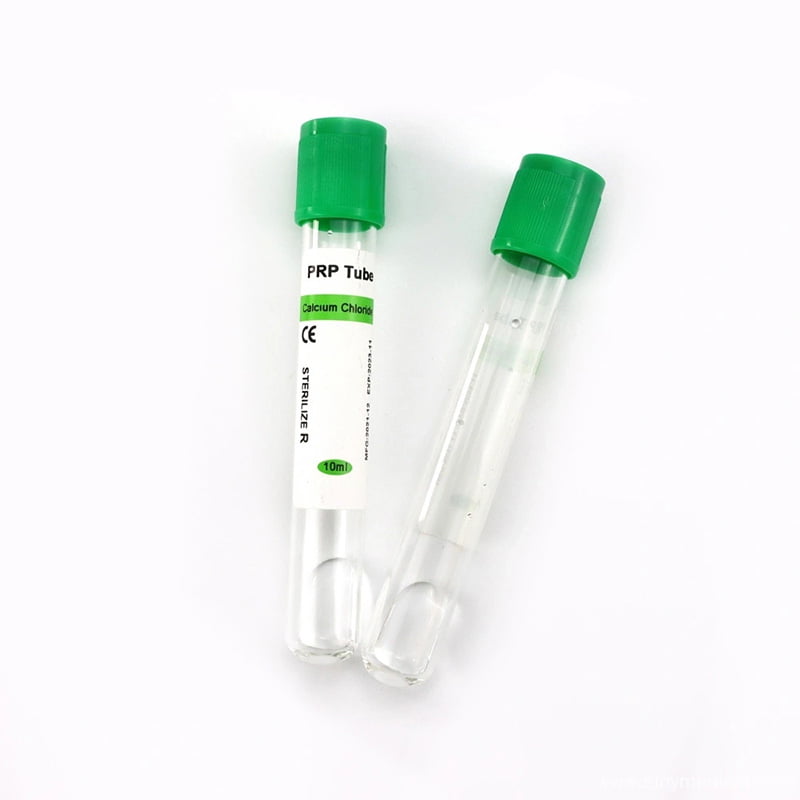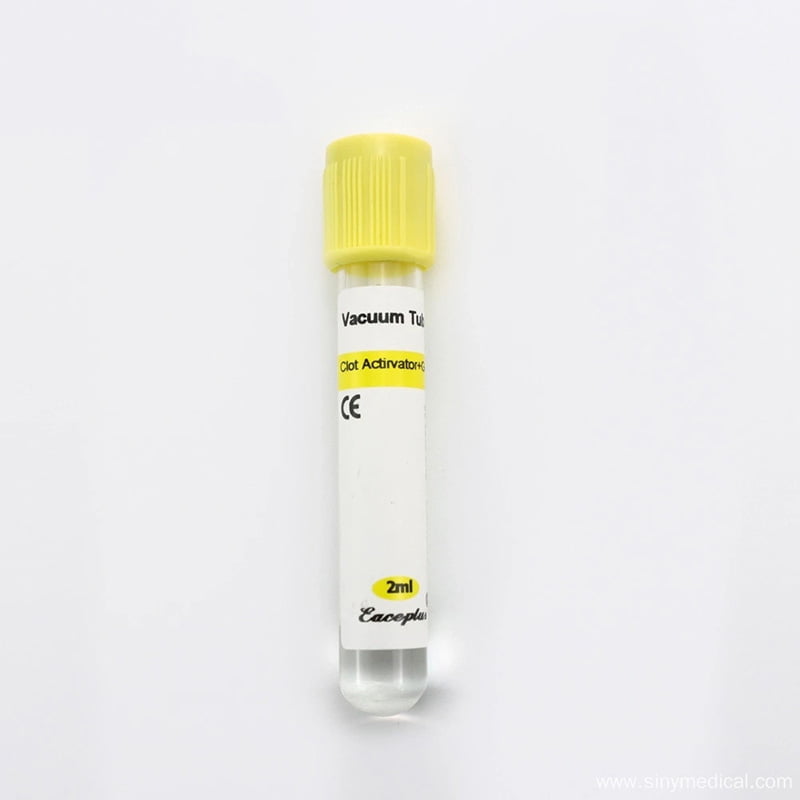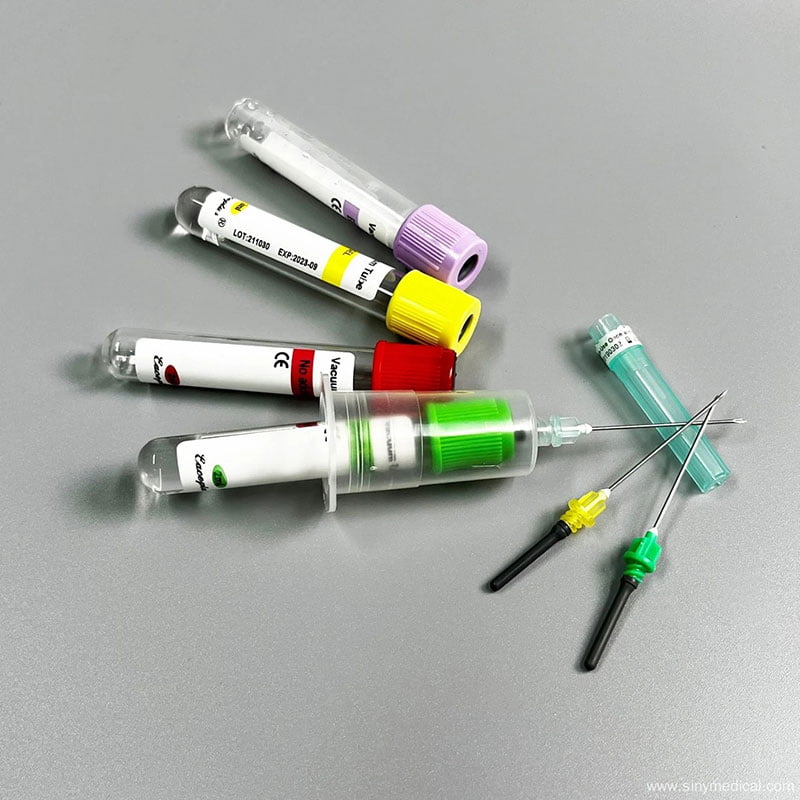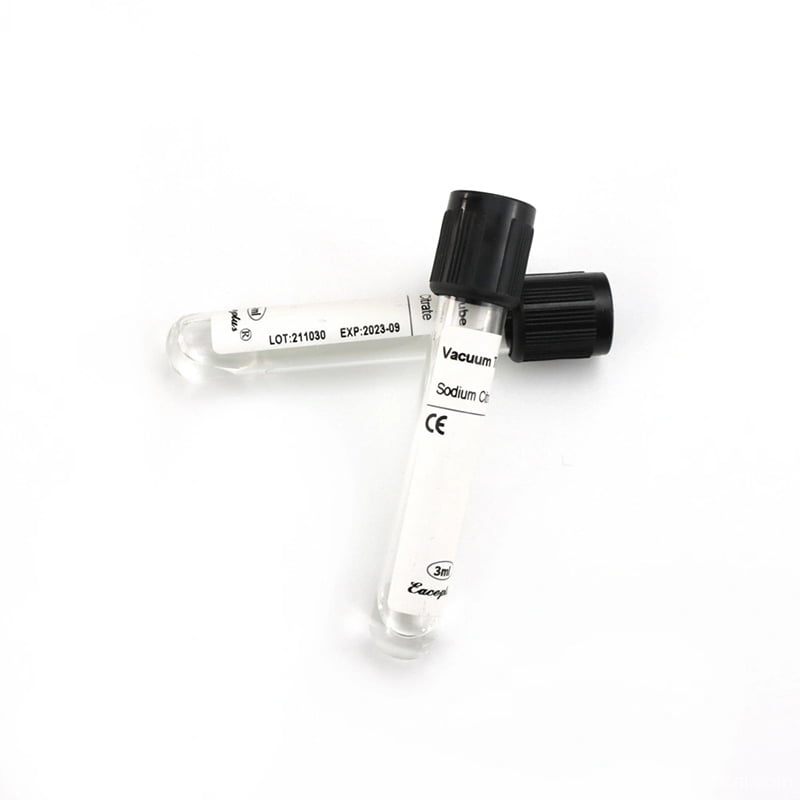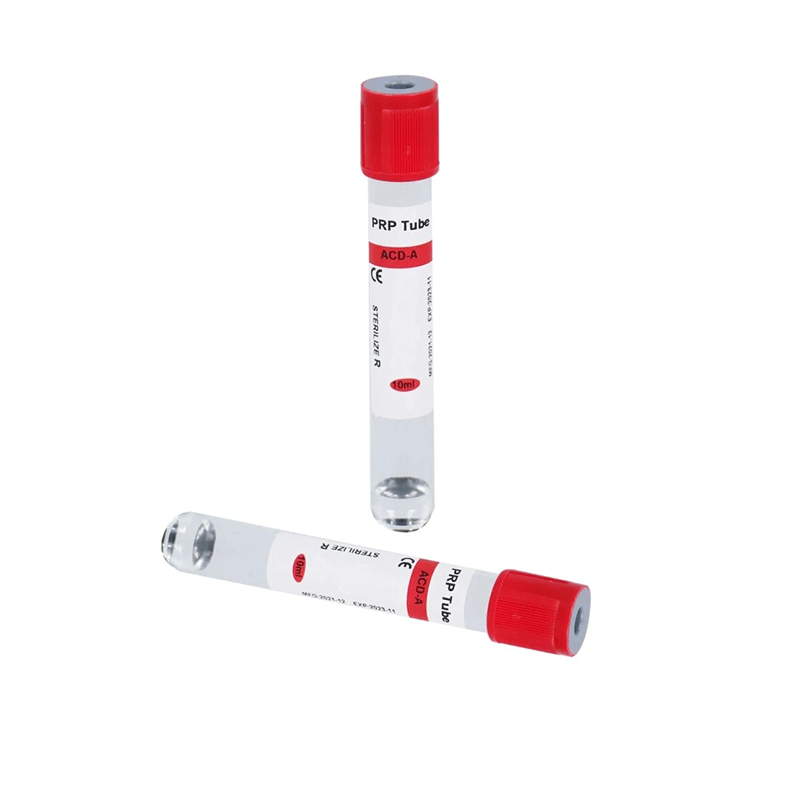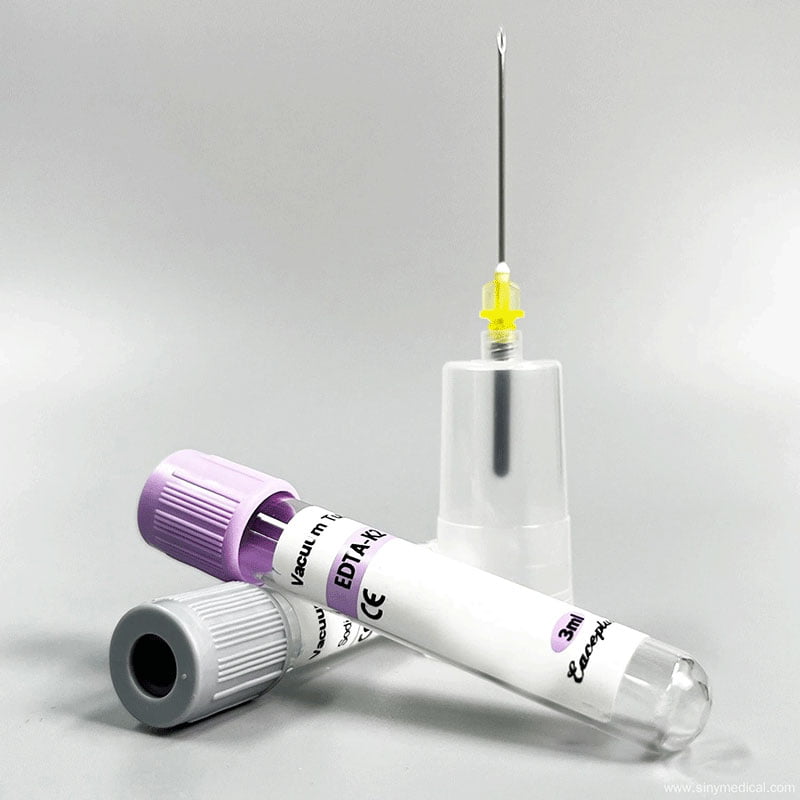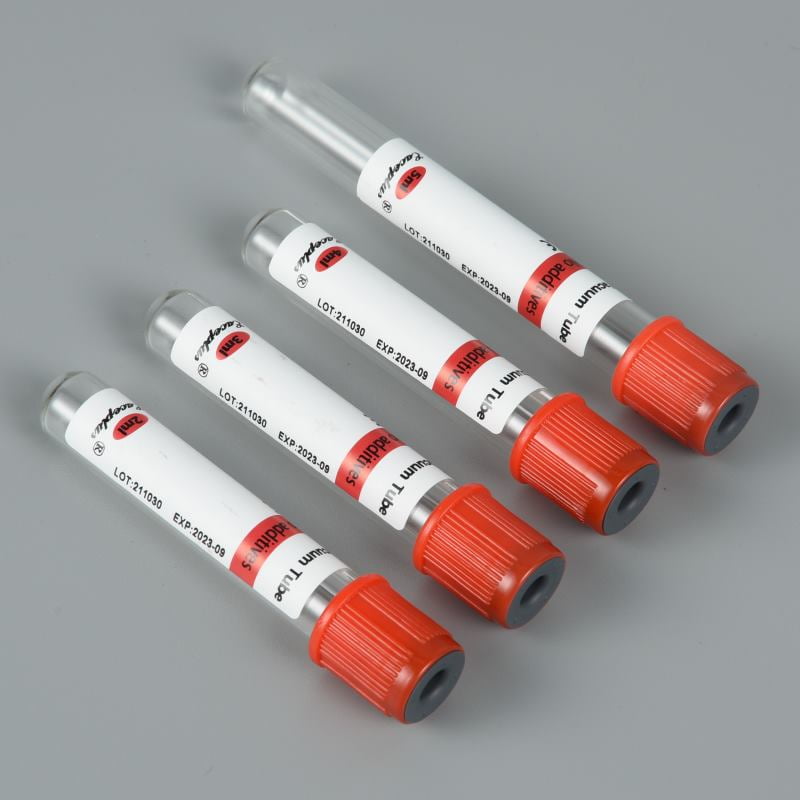Sodium citrate blood collection tubes, also known as citrate tubes or blue top tubes, are a type of vacutainer tube used in phlebotomy to collect blood samples for coagulation studies. The power of these tubes lies in their ability to preserve blood in its liquid state by preventing coagulation through the action of sodium citrate, an anticoagulant.
Table of Contents
What are Sodium Citrate Blood Collection Tubes?
Sodium-citrate blood collection tubes are used to collect blood for laboratory testing. The sodium citrate helps to keep the red blood cells from clotting. The tube also contains a preservative that prevents the blood sample from spoiling.
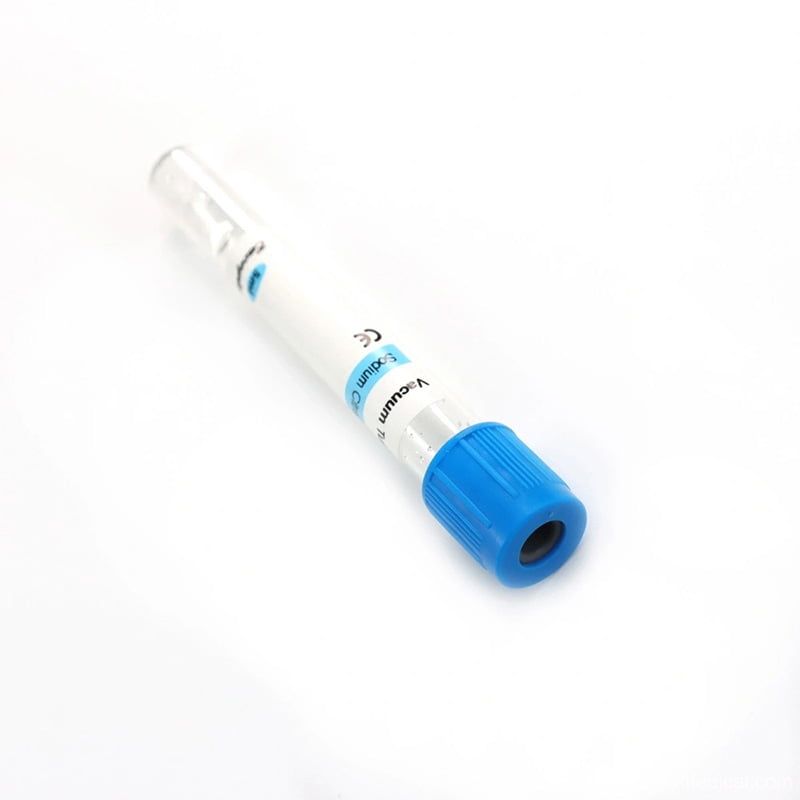
How do sodium citrate tubes work?
Sodium citrate blood collection tubes are designed to prevent blood from clotting by acting as an anticoagulant. When blood is drawn into these tubes, the sodium citrate present in the tube binds to calcium ions in the blood, effectively inhibiting the coagulation cascade. This process preserves the integrity of the blood sample, allowing for accurate analysis of various blood components.
Anticoagulant Mechanism
Sodium citrate tubes prevent blood clotting by binding to calcium ions in the blood, interrupting the coagulation cascade. This ensures that the blood remains in a liquid state, preserving its integrity for laboratory analysis.
Calibrated Concentration
The concentration of sodium citrate in these tubes, typically around 3.2%, is carefully adjusted to ensure optimal anticoagulation without affecting the accuracy of test results. Different concentrations may be used for specific testing requirements.
Preservation of Blood Sample
By inhibiting clot formation, sodium citrate tubes maintain the stability of the blood sample, preventing alterations in its composition during storage and transportation. This ensures reliable and consistent test results over time.
Vacuum-Assisted Collection
Sodium citrate tubes are equipped with a vacuum system that aids in the collection of blood. Upon puncturing the tube with a needle, the vacuum draws blood into the tube, facilitating the collection process and ensuring an accurate volume of blood is obtained.
Enhanced Diagnostic Accuracy
Through their anticoagulant properties and precise design, sodium citrate tubes contribute to the accuracy and reliability of diagnostic testing. By preserving the integrity of the blood sample, these tubes enable healthcare professionals to obtain meaningful insights into patients’ health status.
Sodium citrate tubes work by utilizing the anticoagulant properties of sodium citrate to prevent blood from clotting, preserving the integrity of the sample for accurate diagnostic testing. The carefully calibrated concentration of sodium citrate and the vacuum system in these tubes contribute to their effectiveness in medical diagnostics.
Advantages of Using Sodium Citrate Tubes
Extended Sample Stability
Sodium citrate tubes enable the collection and storage of blood samples for extended periods without compromising test accuracy. This advantage is particularly beneficial in remote healthcare settings or situations where immediate processing isn’t feasible, ensuring flexibility in sample management.
Standardized Anticoagulant Concentration
The standardized concentration of sodium citrate in these tubes ensures consistency in test results across different laboratories. This standardization enhances inter-laboratory comparability, which is crucial for reliable diagnostic testing and accurate interpretation of results, irrespective of the testing facility.
Cost-Effectiveness
Sodium citrate tubes offer a cost-effective solution for diagnostic testing. By allowing delayed sample processing, healthcare providers can optimize laboratory resources, reducing the need for rush processing. Additionally, the standardized concentration eliminates the need for individual calibration, streamlining workflows and reducing the risk of errors.
Enhanced Laboratory Efficiency
Standardized sodium citrate tubes streamline laboratory workflows by eliminating the need for individual calibration. This not only saves time but also reduces the risk of errors associated with manual calibration processes. Ultimately, it enhances laboratory efficiency, allowing for smoother operations and improved turnaround times for diagnostic tests.
3.2% Sodium Citrate Tube
A 3.2% sodium citrate tube is a test tube that contains 3.2% sodium citrate. It is used in medical laboratories to test for the presence of certain enzymes and proteins. It can also be used to store and transport blood samples.
| Product Name | 3.2% Sodium Citrate Tube |
| Tube Material | PET/Glass |
| OEM/ODM | Yes |
| Certificate | CE, ISO13485, ISO9001 |
| Usage | Blood Collection |
| Sterile | Irradiation Sterilization |
| Sample | Free |
| Service | The groups we serve: are distributors, import traders, government procurement, Buying Agents, and medical chain stores, We provide one-stop procurement for you to simplify your procurement process |

3.2% Sodium Citrate Tube Manufacturer
This 3.2% sodium citrate tube is the perfect solution for medical professionals needing reliable and effective blood collection for laboratory tests. The tube is made of polypropylene plastic, designed to withstand the rigors of daily use in various medical settings. The tube contains 3.2% sodium citrate as a preservative and anticoagulant agent, providing the necessary protection for the specimen to ensure the accuracy and reliability of results. The tube is designed for a single use and can be easily discarded once the specimen has been collected.
The Use of Different Colors and Sizes of 3.2% Sodium Citrate Tubes:
| Volume/ml | Size/mm | Additive | Separator | Material | Cap Color | Closure |
| 2ml | 13X75 | 3.2% Sodium Citrate | Gel or Not Add | PET/GLASS | Blue Top Tube | Safety Cap+Rubber or Rubber Stopper |
| 3ml | 13X75 | 3.2% Sodium Citrate | ||||
| 4ml | 13X75 | 3.2% Sodium Citrate | ||||
| 5ml | 13X75 | 3.2% Sodium Citrate | ||||
| 6ml | 13X100 | 3.2% Sodium Citrate | ||||
| 7ml | 13X100 | 3.2% Sodium Citrate | ||||
| 8ml | 16X100 | 3.2% Sodium Citrate | ||||
| 9ml | 16X100 | 3.2% Sodium Citrate | ||||
| 10ml | 16X100 | 3.2% Sodium Citrate | ||||
| If You Need Customized Vacuum Blood collection tube, Please Contact Us | ||||||
Applications of Sodium Citrate Tubes in Coagulation
Sodium citrate tubes have extensive applications in coagulation studies, playing a pivotal role in various diagnostic procedures to assess blood clotting mechanisms. These tubes offer a reliable means of preserving blood samples and preventing clot formation, facilitating accurate analysis of coagulation parameters. Key applications include:
Prothrombin Time (PT) Testing
Sodium citrate tubes are commonly used for PT testing, which evaluates the extrinsic pathway of coagulation. By preserving blood samples in an anticoagulated state, these tubes enable accurate measurement of the time taken for clot formation, aiding in diagnosing clotting disorders such as hemophilia and vitamin K deficiency.
Activated Partial Thromboplastin Time (aPTT) Testing
APTT testing assesses the intrinsic coagulation pathway and is crucial for monitoring patients on anticoagulant therapy. Sodium citrate tubes ensure the integrity of blood samples, allowing for precise measurement of aPTT and detection of abnormalities in clotting factors or inhibitors.
Thrombin Time (TT) Assays
Sodium citrate tubes are also utilized in TT assays, which evaluate the conversion of fibrinogen to fibrin by thrombin. These assays are essential for diagnosing fibrinogen deficiencies and monitoring patients undergoing fibrinolytic therapy. The anticoagulant properties of sodium citrate maintain sample integrity, facilitating accurate TT measurements.
Platelet Function Testing
Sodium citrate tubes are instrumental in platelet function testing, which assesses the ability of platelets to aggregate and form clots.
What is sodium citrate?
Sodium citrate is a salt that is used as a preservative and anticoagulant in medical testing. It prevents the blood cells from clumping together and spoiling the blood sample.
Final Thoughts
Sodium citrate blood collection tubes are commonly used in medical laboratories for the collection of blood samples for coagulation testing. These tubes contain a measured amount of trisodium citrate, an anticoagulant that prevents blood from clotting by binding calcium ions, which are essential for the coagulation cascade.
FAQs
What is sodium citrate used for in blood collection?
Sodium citrate is used as an anticoagulant in blood collection tubes.
What color is a sodium citrate blood tube?
Sodium citrate tubes for PRP are typically light blue. This color helps to easily identify them in laboratory settings and distinguishes them from tubes containing other anticoagulants or additives.
Is sodium citrate an anticoagulant or EDTA?
Sodium citrate is an anticoagulant. It works by chelating calcium ions, which are necessary for the coagulation cascade. This prevents the blood from clotting and allows it to remain in a liquid state for various laboratory analyses.
What is the sodium citrate in the EDTA tube?
Sodium citrate for PEP tube is not typically found in EDTA (ethylenediaminetetraacetic acid) tubes. EDTA is a different type of anticoagulant commonly used in blood collection tubes, primarily for preserving blood cell morphology and preventing clotting by binding calcium ions.

